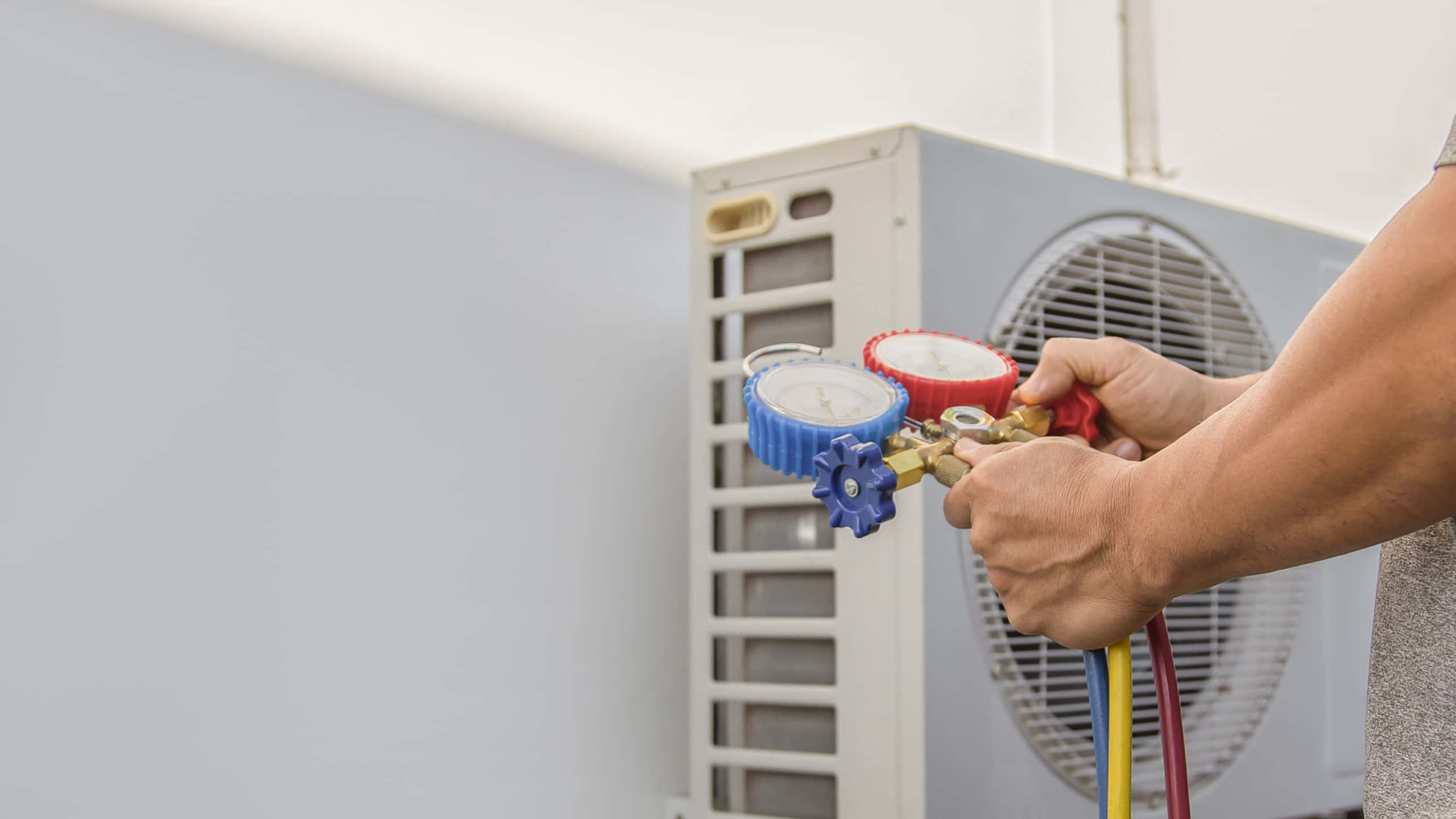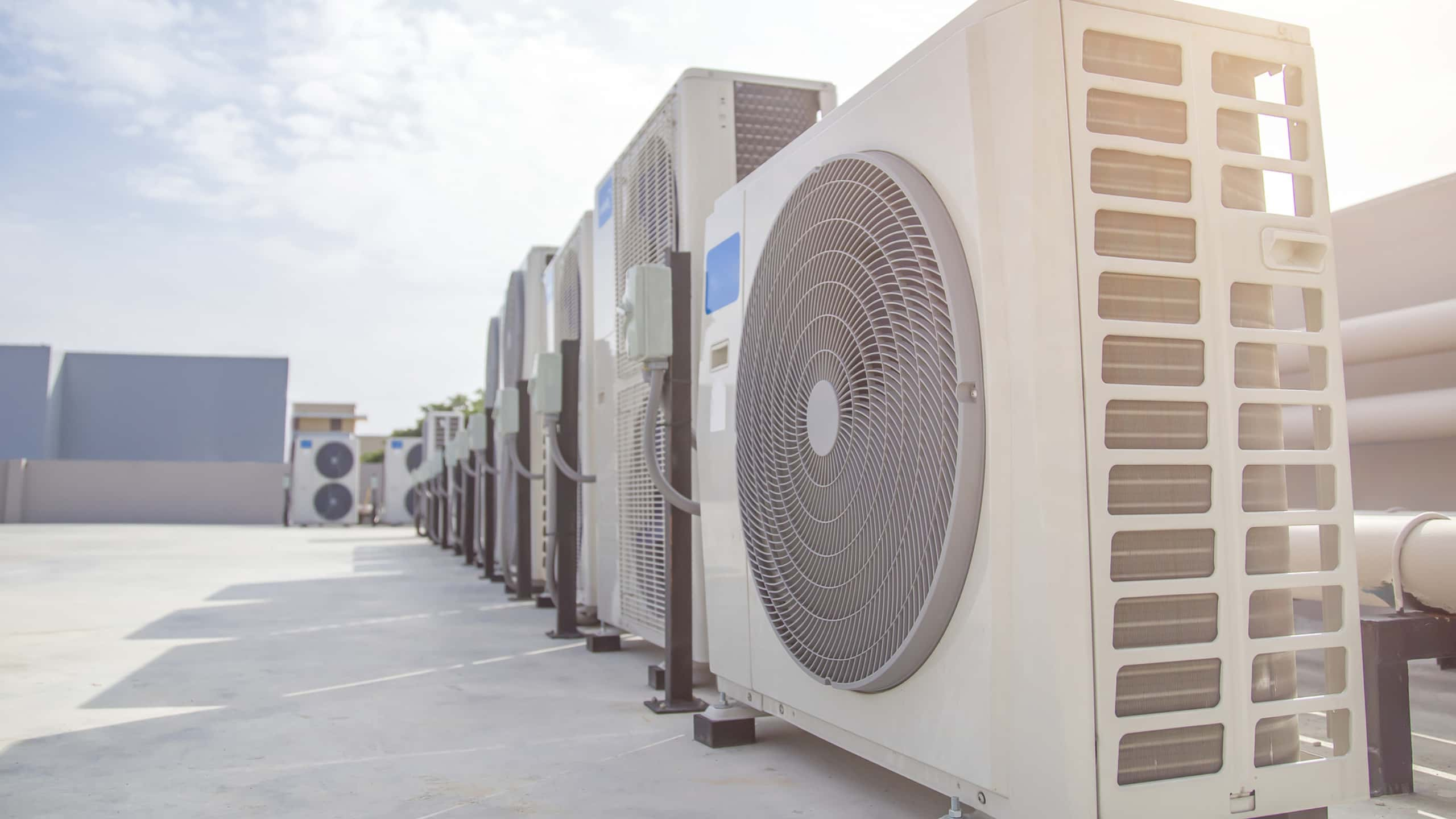

AC units are an important part of keeping homes and businesses cool during the summer months. Evaluating the efficiency of different types of AC units can help determine which is best for your needs.
First, consider the size of the unit. An AC unit that is too large can be inefficient and waste energy because it cycles on and off frequently. On the other hand, a unit that is too small will not provide adequate cooling, resulting in higher energy costs. In addition to size, air flow rate should be evaluated as well; if it doesn't move enough air throughout the space, there won't be effective cooling.
Merrick is a hamlet and census-designated place (CDP) in the Town of Hempstead in Nassau County, on the South Shore of Long Island, in New York, United States. As of the 2019 census, the population was 20,130.[2]
As of the census of 2000, there were 22,764 people, 7,524 households, and 6,478 families residing in the CDP. The population density was 5,423.3 inhabitants per square mile (2,093.9/km2). There were 7,602 housing units at an average density of 1,811.1 per square mile (699.3/km2). The racial makeup of the CDP was 95.18% White, 0.56% African American, 0.10% Native American, 2.24% Asian, 0.01% Pacific Islander, 0.94% from other races, and 0.98% from two or more races.
There were 7,524 households, out of which 42.9% had children under the age of 18 living with them, 76.0% were married couples living together, 7.6% had a female householder with no husband present, and 13.9% were non-families. 11.6% of all households were made up of individuals, and 6.6% had someone living alone who was 65 years of age or older. The average household size was 3.02 and the average family size was 3.27.
In the CDP, the population was spread out, with 27.5% under the age of 18, 5.4% from 18 to 24, 27.7% from 25 to 44, 26.7% from 45 to 64, and 12.7% who were 65 years of age or older. The median age was 40 years. For every 100 females, there were 93.2 males. For every 100 females age 18 and over, there were 90.8 males.
The median income for a household in the CDP was $93,132, and the median income for a family was $99,589.[4] (According to a 2007 estimate, these values had risen to $111,536 and $122,319 respectively.) Males had a median income of $79,607 versus $41,618 for females. The per capita income for the CDP was $26,334. About 2.0% of families and 2.8% of the population were below the poverty line, including 3.6% of those under age 18 and 2.2% of those age 65 or over.





ACs (air conditioners) are a great way to keep your home cool in hot summer months. But, they can be expensive! The most costly part of an AC is typically the compressor. This component works by compressing refrigerant gas, then releasing it into the evaporator coil so heat can be removed from the air passing over it. Without a functioning compressor, an AC unit won't work properly and could even damage other parts of the system.
My AC is running but why isn't it cooling!? I can't believe how much heat is in my house. It's so uncomfortable! (I've tried) turning the AC up to full blast, but it doesn't seem to make a difference. It's just blowing hot air. I'm sure I've checked all the settings and they're all correct - nothing seems out of place.
Maybe something's wrong with the compressor? That could explain why the air conditioner isn't cooling my home properly. If that's the case, then I might need to call in an expert to take a look at it. This would be costly though, and I'm not sure if it will be worth it or not.
On the other hand, maybe there's something else going on here? Perhaps something as banal as a clogged filter or blocked vents? These are both common issues, and relatively simple to fix too - no experts needed! But if this doesn't work either then I think I'll have no choice but to call someone in for help.
Is it better to repair or replace a AC? This is a difficult question that many people have asked themselves in the past. On one hand, repairing an air conditioner often costs less than replacing it,but on the other, you could end up paying more money in the long run due to constant repairs and lack of efficiency. Nevertheless, there are several factors to consider when deciding whether you should repair or replace your AC unit (such as age, cost and energy-efficiency).
Firstly, how old is your AC unit? If it’s more than 10 years old, then replacing might be a good idea because most AC units usually only last for around 10-15 years. Additionally, if your current unit isn’t very efficient – meaning it uses more electricity than necessary – then investing in a new one could save you money on your energy bills. However, if your current system is still relatively new and functioning properly, then repairing it may be the best option.